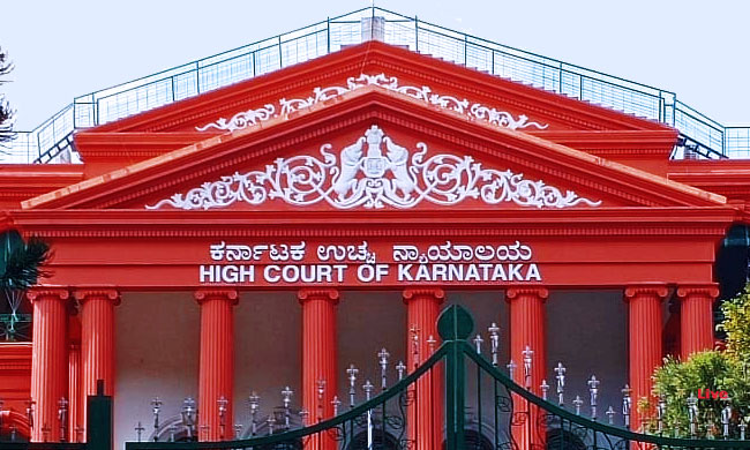Fourth Challenge To New IT Rules : Kannada News Portal 'Pratidhvani' Moves Karnataka High Court
Mustafa Plumber
31 March 2021 7:28 PM IST

Next Story
31 March 2021 7:28 PM IST
The Karnataka High Court on Wednesday adjourned by two weeks a petition filed by "Truth Pro Foundation India (TPFI)", a non-government organisation that runs the Kannada news portal Pratidhvani, challenging the recently notified Information Technology(Intermediary Guidelines and Digital Media Ethics Code) Rules, 2021 (IT Rules) which seeks to regulate digital news portals. ...
